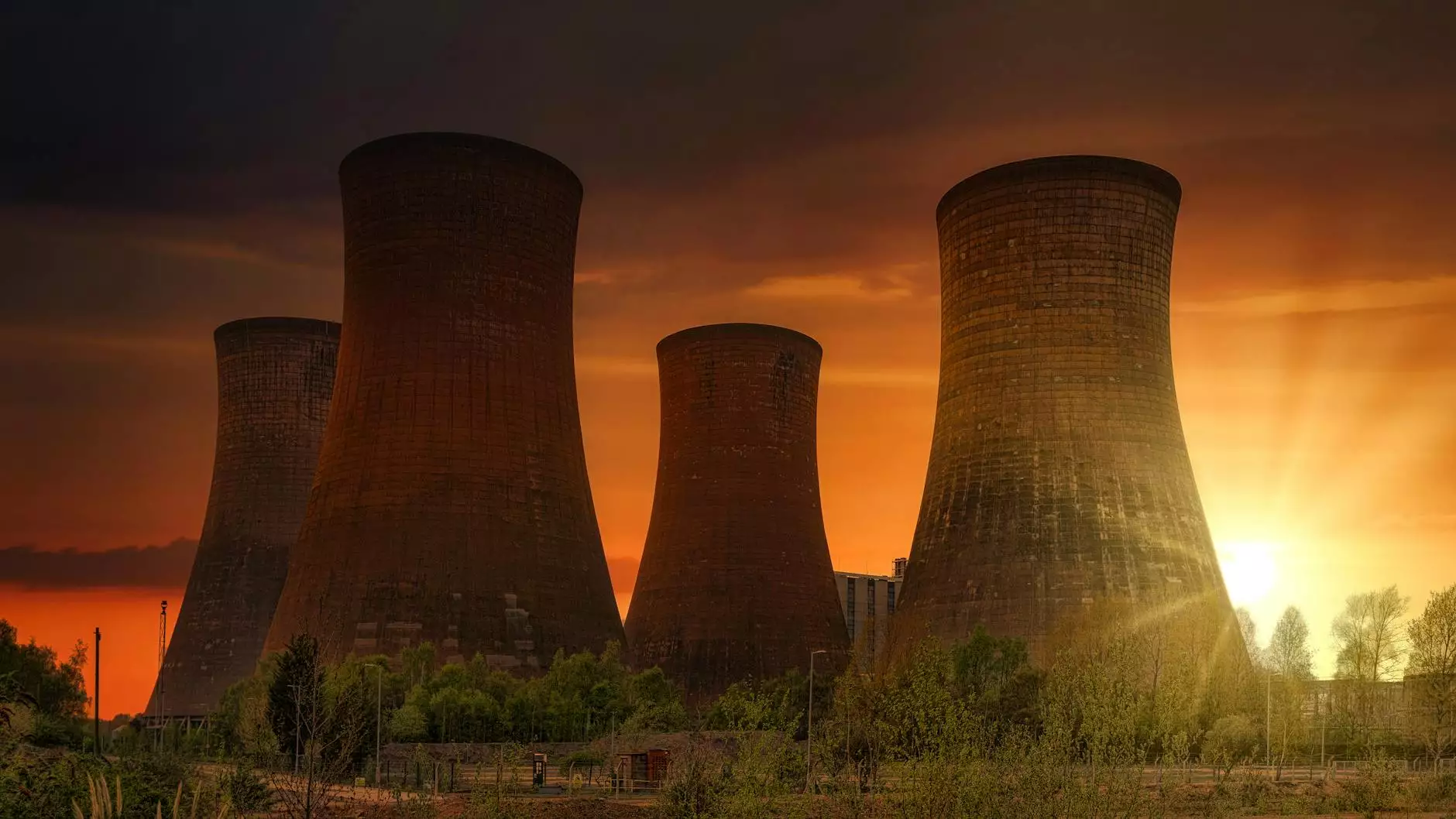Comparison of Energy Efficiency in HVAC Systems
HVAC Services
Introduction
Welcome to Alfa Heating and Cooling, your trusted source for all your HVAC system needs. In this article, we will delve into the important aspects of energy efficiency in HVAC systems, helping you understand the factors to consider when making a comparison.
Understanding Energy Efficiency
When it comes to HVAC systems, energy efficiency plays a crucial role. It not only helps reduce utility bills but also contributes to a sustainable environment. Before comparing energy efficiency, let's understand the key terms you need to be familiar with:
SEER (Seasonal Energy Efficiency Ratio)
SEER is a metric that indicates the cooling efficiency of an air conditioner or heat pump. The higher the SEER rating, the more energy-efficient the system. When comparing HVAC systems, look for models with higher SEER ratings to maximize energy savings.
EER (Energy Efficiency Ratio)
EER is similar to SEER but focuses on cooling efficiency under specific conditions. It provides a more accurate efficiency measure, as it considers the system's performance in a given climate. Higher EER values indicate better energy efficiency.
HSPF (Heating Seasonal Performance Factor)
HSPF measures the heating efficiency of heat pumps. Similar to SEER and EER, higher values indicate greater energy efficiency. When comparing HVAC systems for both cooling and heating, considering the HSPF rating is essential.
Factors Affecting Energy Efficiency
Now that you understand the key terms let's explore the factors that affect energy efficiency in HVAC systems. By considering these factors, you can make an informed decision:
System Size
The size of a HVAC system is crucial for optimal energy efficiency. An oversized system leads to frequent cycling and energy wastage, while an undersized system may struggle to maintain desired temperatures. It's important to choose the right system size for your specific needs.
Insulation and Air Sealing
A well-insulated and properly sealed building minimizes heat transfer between the interior and exterior. This significantly enhances energy efficiency by reducing the workload on the HVAC system. Consider improving insulation and air sealing to maximize energy savings.
Proper Installation
The installation of an HVAC system is crucial for its efficient operation. Improper installation can result in air leaks, inadequate airflow, and compromised performance. Ensure that you hire a professional technician who follows industry standards for installation.
Regular Maintenance
Maintaining your HVAC system regularly is essential for optimal performance and energy efficiency. Regular filter changes, cleaning coils, and tuning up the system can improve its efficiency and extend its lifespan.
Programmable Thermostats
Investing in programmable thermostats allows you to set temperature schedules, optimizing energy consumption. By adjusting the temperature based on occupancy and your comfort needs, you can reduce energy waste and save on utility bills.
Choosing the Right HVAC System
Now that you are familiar with the factors affecting energy efficiency, let's discuss the process of choosing the right HVAC system for your needs:
1. Assess Your Needs
Start by determining your cooling and heating requirements based on the size of your space, climate, and occupancy patterns.
2. Research Different Models
Thoroughly research HVAC system models, comparing their SEER, EER, and HSPF ratings. Take note of additional features such as variable speed motors and dual-stage compressors that improve energy efficiency.
3. Consider Energy Star Certification
Energy Star certified HVAC systems meet strict energy efficiency guidelines set by the U.S. Environmental Protection Agency (EPA). Look for the Energy Star label when comparing different models.
4. Consult with a Professional
Consulting with a knowledgeable HVAC professional can greatly assist you in making an informed decision. They can assess your specific needs and provide personalized recommendations.
5. Evaluate Long-Term Cost Savings
While energy-efficient HVAC systems may have a higher upfront cost, they often result in long-term savings through reduced utility bills. Evaluate the potential cost savings over the system's lifespan to make a well-rounded decision.
Conclusion
Choosing an energy-efficient HVAC system is a smart investment for both your comfort and the environment. By understanding the key terms and factors affecting energy efficiency, you are now equipped to make an informed comparison. Remember to assess your needs, research different models, consider Energy Star certification, consult with professionals, and evaluate long-term cost savings. At Alfa Heating and Cooling, we are committed to helping you find the perfect HVAC system for your home or business. Contact us today for expert advice and reliable installation services.




